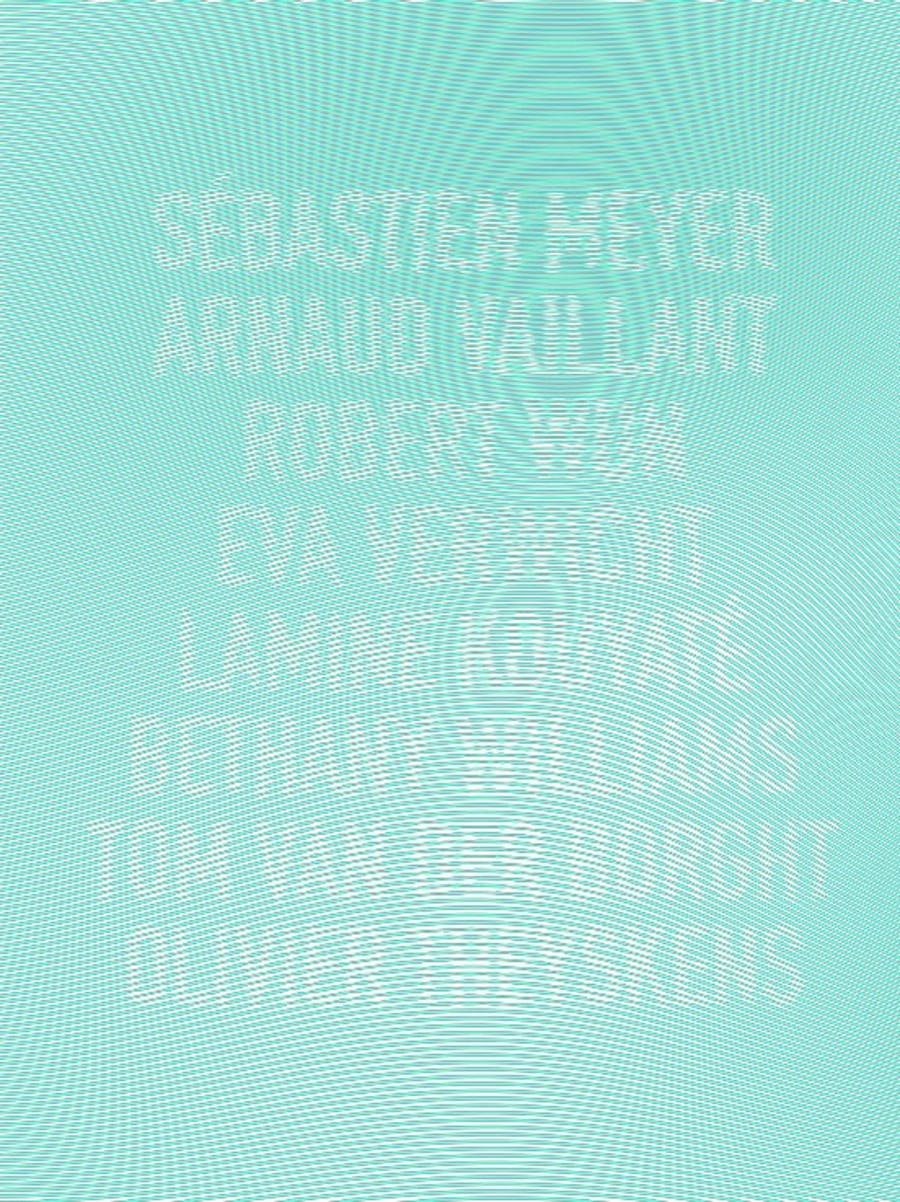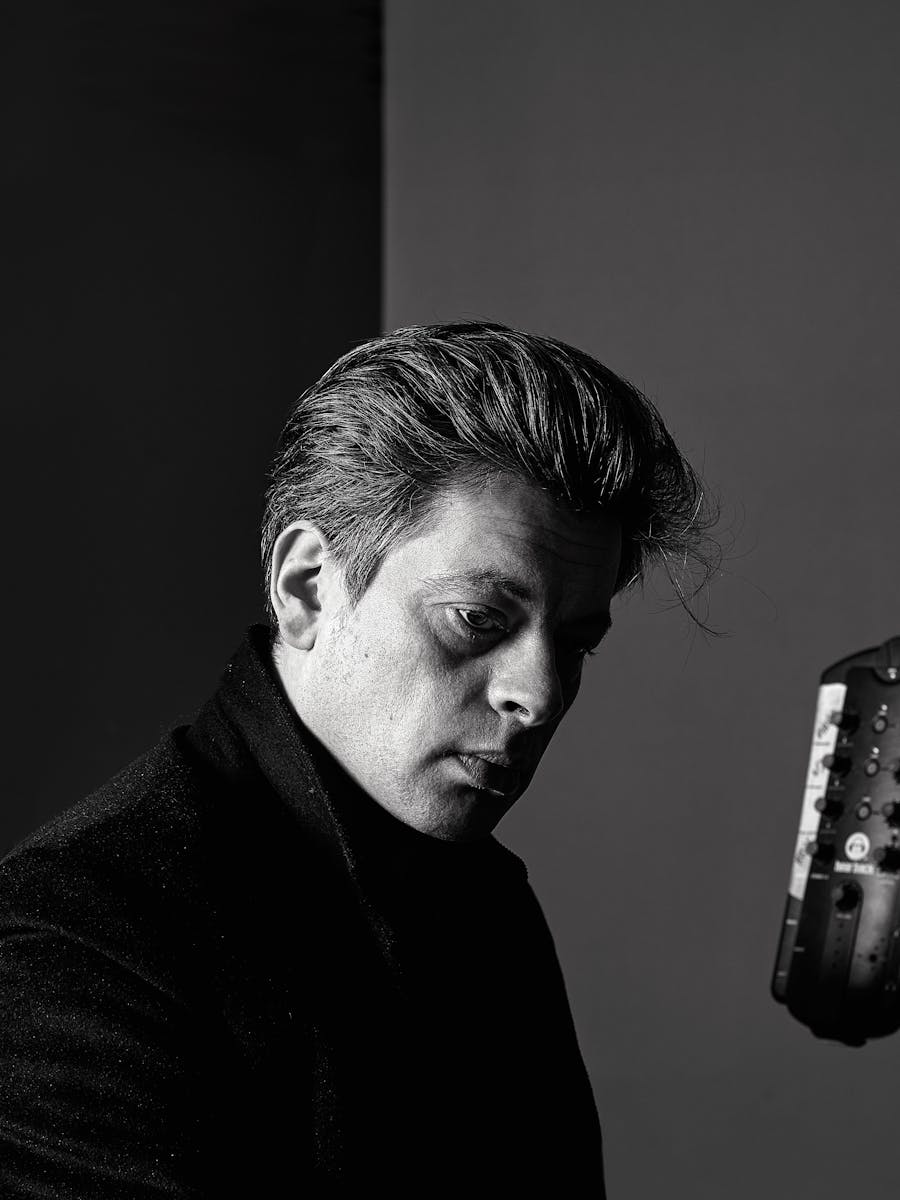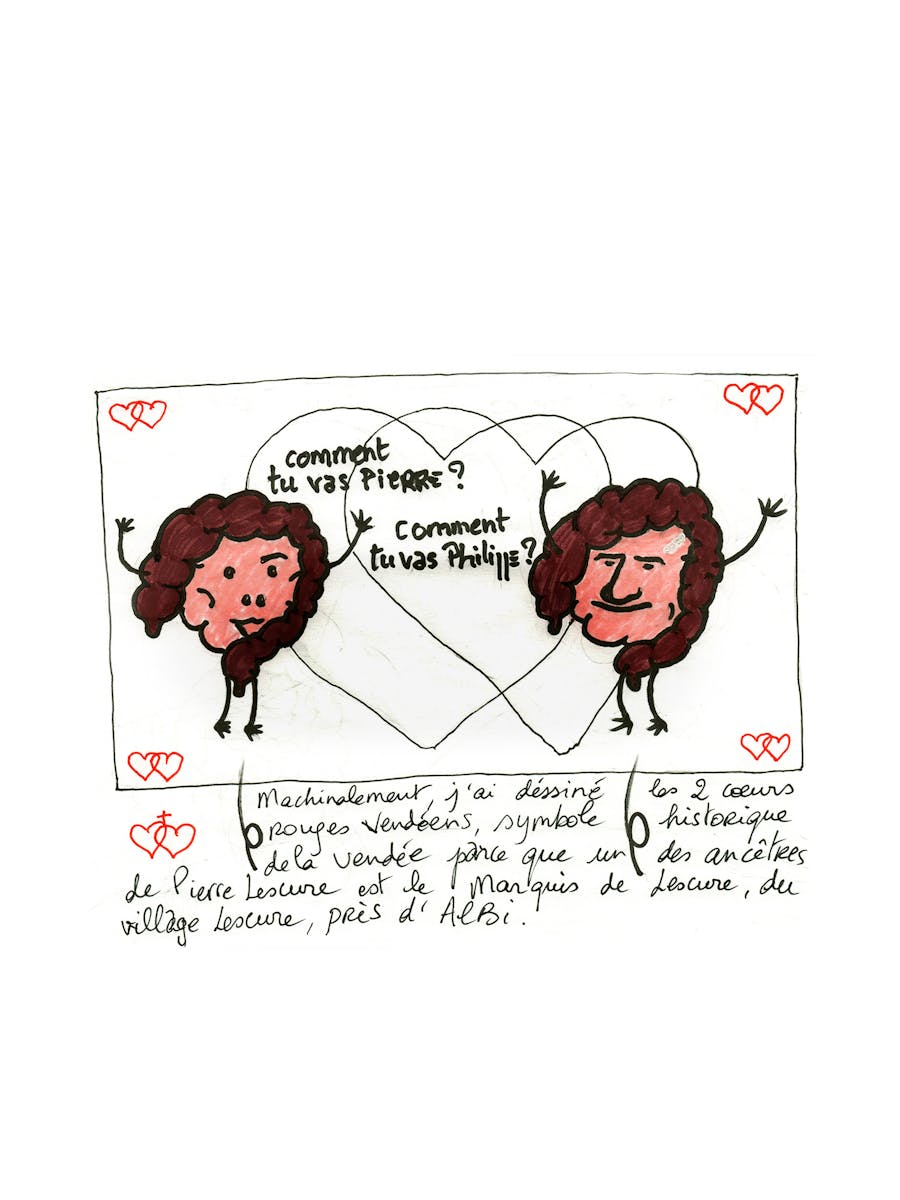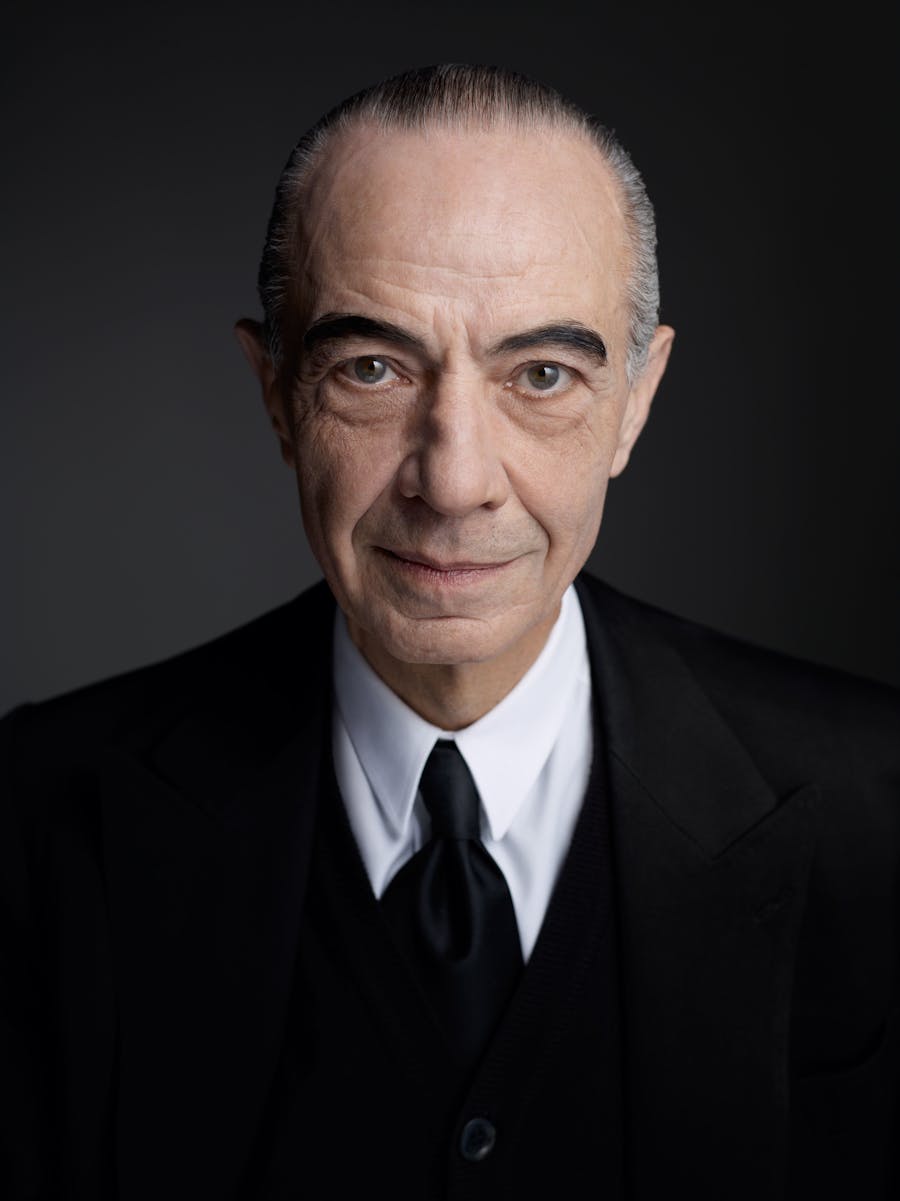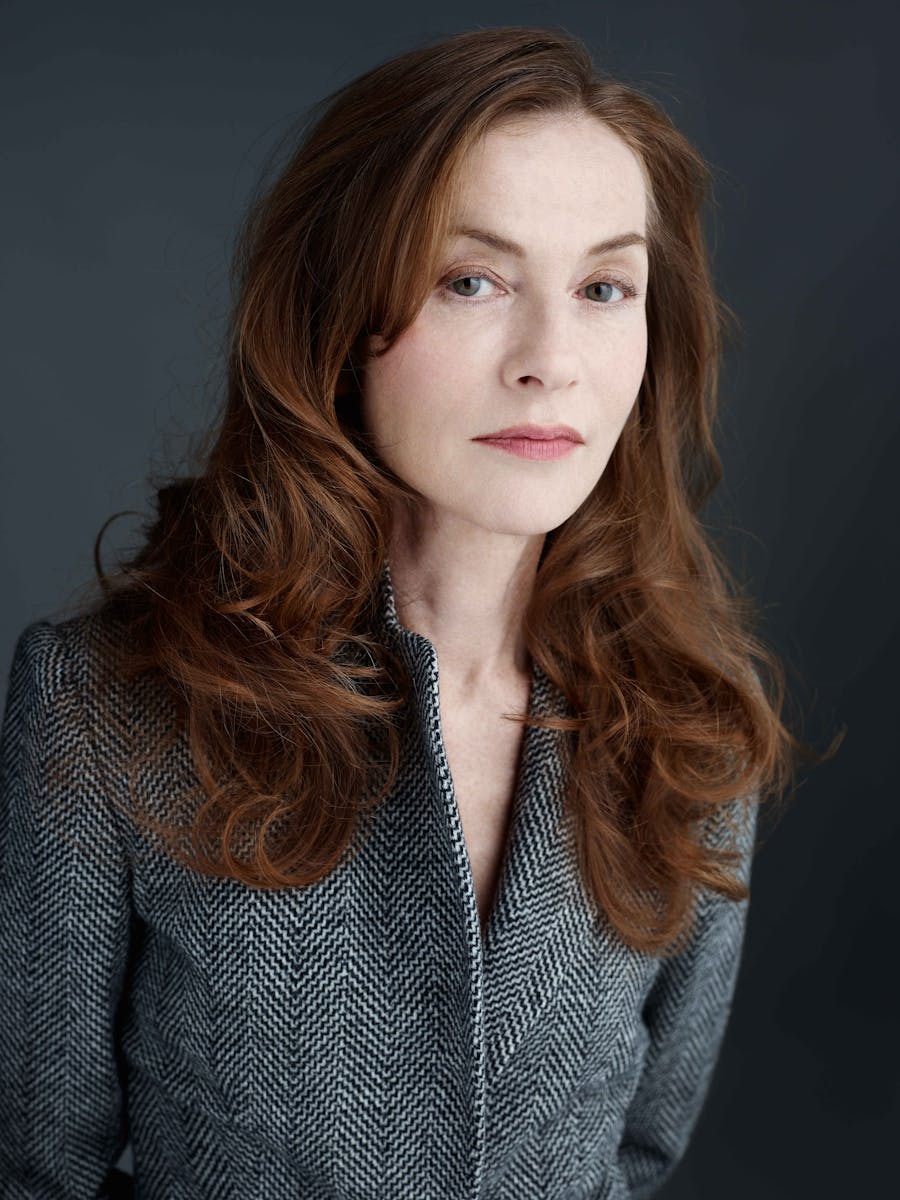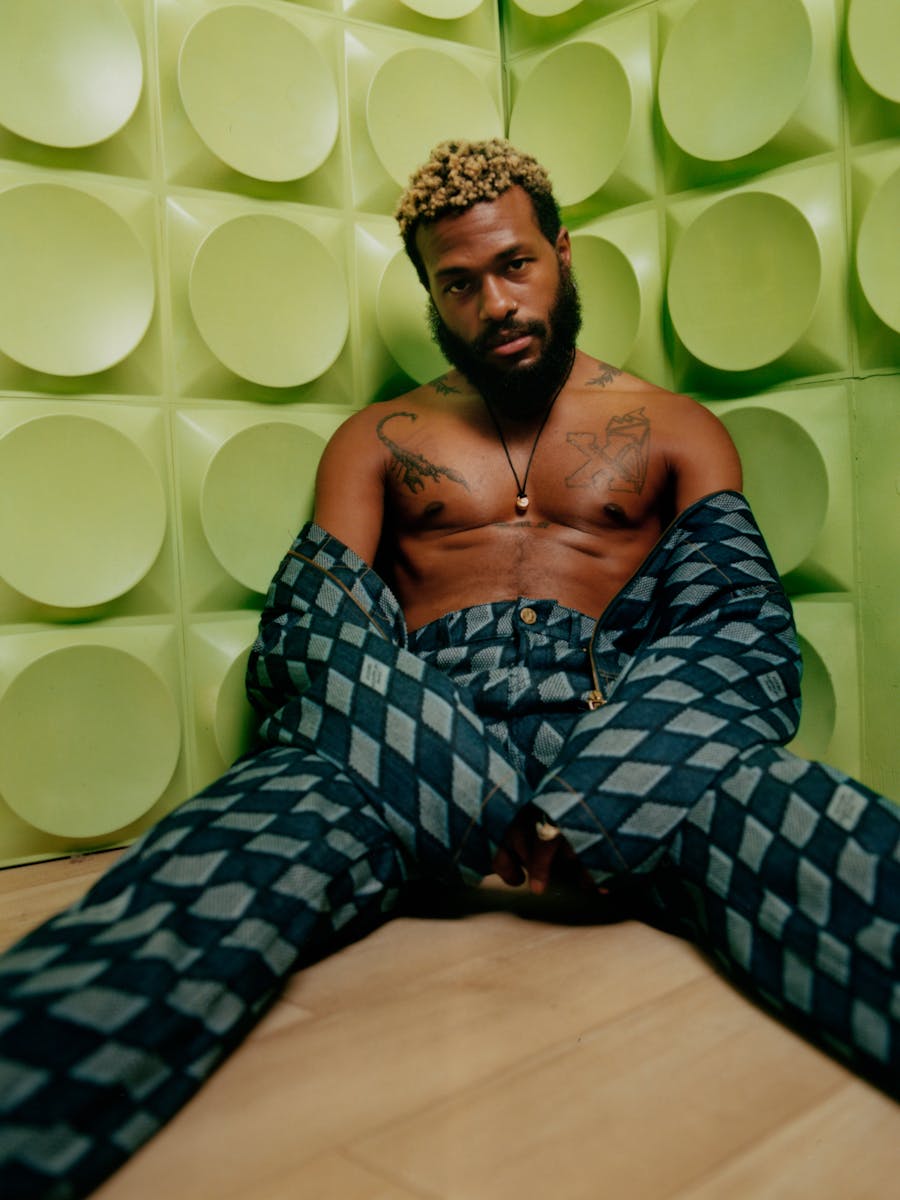From the Faces issue
From Kraftwerk to Kerchak, from Daft Punk to MF Doom, there's no apparent connection. Except for the fact that they move forward masked, advocating a certain form of anonymity and creating a real separation between man and artist. But there is another common characteristic. The concern for staging, the desire to control their representation, to keep the codes of celebrity at a safe distance so as to retain only the essential: fun, a taste for disguise and misappropriation.
In an age of simple, hard-hitting ideas, segmented discourse and outrageous storytelling, it can be surprising to observe artists advancing masked, hidden behind helmets or balaclavas, as if turning their backs on the great principles of the age. If we look closely at rappers, for example, there's an undeniable desire to remain impenetrable, to preserve a certain form of neutrality, to disobey societal injunctions, where everything must be legible, transparent and staged. In this respect, SL, M Huncho, Ziak and Ashe 22 are no exception to the rule: in their actions, their look and their attitude, there is an obvious concern for representation. Their motto: "Look at the guts with which we're robbing the record industry without even playing the game!
Historically, all these artists, to whom we should add other names - Kerchak, Kalash Criminel, Siboy, Houdi - are obviously not the first to choose to operate in this way, in search of success and critical recognition, but without suffering the consequences (hyper-mediatization, lack of anonymity). Kekra, for example, said he wanted to hide from his mother, whom he was afraid of disappointing.
The artistic blur
At the crossroads of the 1960s and 1970s, Captain Beefheart, John Cale and Steve Miller were almost pioneers with their album covers (Trout Mask Replica, Vintage Violence and The Joker respectively), on which they appeared masked, clearly attracted by the possibility of putting an end to any form of solemnity.
Unlike Bob Dylan and Jim Morrison, who were quick to feed their biographies with false leads, the aim here is neither to lie nor to deceive, but rather to mock the codes imposed by notoriety, preferring concealment to overexposure. Perhaps it's also a way of putting music back at the center of the debate, of letting the public know that there's no one here to idolize, that the only things that matter are the melodies, the feelings they evoke and the images we project onto them.
This is particularly true of Kraftwerk, who were quick to see technological innovations (computers, drum machines, etc.) as a means of advocating other models, of breaking away from a stereotyped pattern, forcing bands to present themselves with a frontman. In 1978, the Germans sang: "We are robots [...] We are functional automatons, and dancing mechanics". In short, they are androids. Or rather, machine-men who refuse to adopt the codes of rock or song, performing live behind a curtain from which they activate robotic mannequins, charged with representing them.
Humans, after all
While Daft Punk have since followed suit, raising a number of questions as to their choice, it would be a mistake to see these outfits as nothing more than a desire for anonymity. Of course, the possibility of doing one's own shopping or taking a family outing without being harassed by a horde of fans is seductive.
However, this explanation should not overshadow another, equally perceptive one: fun, nonsense, self-mockery, the desire to provoke, to mislead the public's certainties, to wink at some personal reference or other: while Daft Punk, again, draw inspiration for their outfits from the cursed composer of Phantom Of The Paradise, SBTRKT adorn themselves with a tribal mask, borrowed from Papuan culture. MF Doom's mask owes as much to comic books as to Gladiator. The drillers take on the codes of organized crime.
Protect anonymity
In this game, a group from San Francisco is both an expert and a precursor. Formed in 1966 and with over sixty albums to their credit, The Residents have always favored enigma over media hype, from the name of their production company (Cryptic Corporation) to their look (a globe-shaped mask, hat and tuxedo) to their famous theory of darkness. Their manager, Hardy Fox, explained this concept to Libération: "It's based on the premise that an artist is at his best when he's unknown and nobody knows who he is. This theory implies that if you create with the idea of an audience, you'll make something different than if there wasn't one."
Not to worry about public expectations: this is the ambition of many masked artists. They do so out of distrust of showbusiness, out of a desire to go to extremes, but also out of a desire to remain connected to values that are largely rooted in the underground. There are few similarities between the media appearances of Sia, whose face masked by bangs seems to respond to a marketing strategy, and the pioneers of techno (Underground Resistance, for example), who saw anonymity as a means of federating all nationalities and all audiences around the same sound.
Are masks, balaclavas and helmets the ultimate way to put ego aside, to put a stop to discrimination and judgment? That would be utopian. And yet, we have to admit that some artists regret having missed the boat. Like Jul, who, in a Skyrock freestyle, rapped: "I can't go to town anymore, I'm disgusted / I should have done a Daft Punk / I wouldn't have been seen, I would have just been listened to".

